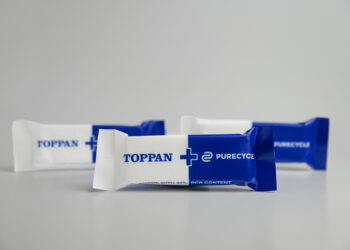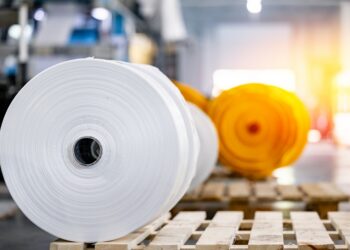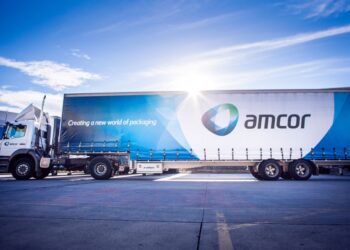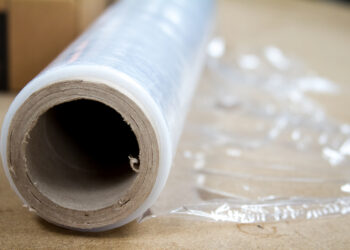LyondellBasell worked to expand its line of recycled polymers and reduced the amount of plastic pellets lost into the environment slightly in 2023, its latest sustainability report noted.
The Netherlands-based global company produced and marketed 123,000 metric tons of recycled and renewable-based polymers in 2023, its sustainability report noted. Its goal is to produce and market 2 million metric tons annually by 2023.
It also has a goal of zero plastic pellet loss to the environment from its 77 facilities that handle such material. In 2023, it lost about 10 kilograms in one incident, compared to four incidents in 2022 that lost 11 kilograms and four incidents in 2022 that lost 43 kilograms.
CEO Peter Vanacker said in the report that the company understands “the critical role plastics play in society” and that “plastic pollution is a critical issue, and we recognize the need for our industry to move faster.”
In response, LyondellBasell is strengthening its Circular and Low Carbon Solutions business by making investments to secure feedstock supply, expanding its recycling capacity and developing scalable technologies to grow its Circulen family of polymers: CirculenRecover, which uses mechanical recycling; CirculenRevive, which uses chemical recycling; and CirculenRenew, which uses renewable materials.
It invested in Cyclyx International with a 25% equity stake, signed a final investment agreement to build the first Cyclyx Circularity Center and reached a final investment decision to build a commercial-scale chemical recycling plant with its proprietary MoReTec technology in Germany.
LyondellBasell also acquired 100% ownership of Quality Circular Polymers in Belgium and the Netherlands, acquired Mepol Group, a manufacturer of recycled technical compounds in Italy and Poland, and invested in Netherlands-based Stiphout Industries and Rodepa Vastgoed.
Yvonne van der Laan, executive vice president of Circular and Low Carbon Solutions, said in the report that the Circular and Low Carbon Solutions business arm was established “in response to growing demand for recycled and renewable solutions.”
“Our entrepreneurial mindset allows us to swiftly tackle challenges related to plastic waste feedstock access and develop scalable, innovative technologies,” she said. “The CLCS business goal is to expand our Circulen portfolio of recycled and renewable solutions. By doing so, we can transform plastic waste into valuable resources, meet our customers’ recycling and sustainability commitments and help end plastic waste in the environment.”
She plans to deliver at least $1 billion of incremental earnings before interest, taxes, depreciation, and amortization to the company’s bottom line by 2030, she added.
“Our focus on building capacity today is part of a long term strategy,” van der Laan added. “We are committed to understanding market dynamics, investing upstream in the recycling value chain, investing in innovation and scalable technologies, and ensuring the CLCS business is well-positioned to capture opportunities as the market for circular and low carbon solutions continues to evolve.”






























